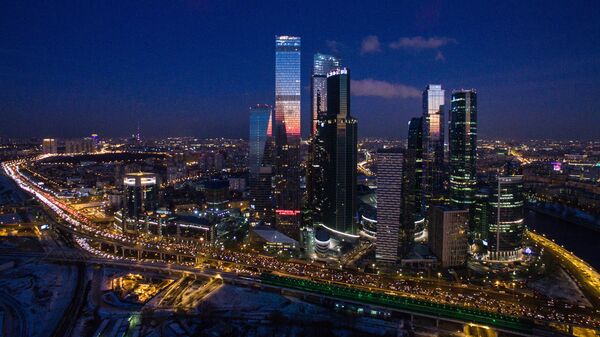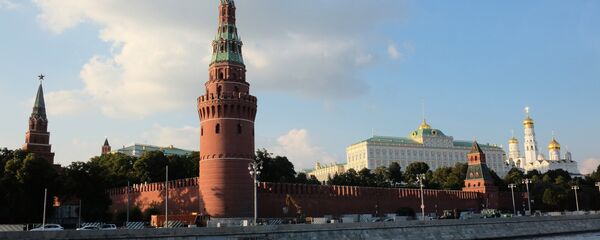On Friday the value of Russia's Micex Moscow Exchange reached a historic high of 2102.97 points, an increase of 18 percent since the beginning of the year. The value of the RTS index, which represents the most important ruble-denominated shares, is 36 percent higher than at the beginning of the year.
"2016 has been the best year for the Russian financial markets for a long time," Vyacheslav Smolyaninov, chief analyst at BCS Prime, told Die Welt.
The geo-political effect of Donald Trump's election and the success of French politician Francois Fillon in the race to become presidential candidate from The Republicans party, are likely to further benefit Russian stock, experts said.
Deutsche Bank reminded clients that US President-elect Donald Trump would not require Congressional approval to lift sanctions against Russia.
"The U.S. president can remove sanctions by a National Security Waiver. We therefore see relative value trade opportunities in ruble, move to over-weight sovereign credit and selected corporates. In local bonds we favor Russia over South Africa and Turkey due to lower macro vulnerability, higher real rates and stronger disinflationary trend," Deutsche Bank said in a note.
"The Russian market is the biggest winner of (geopolitical) change," Bank of America Merrill Lynch strategist Karen Kostanian said.
Western governments had hoped to derail the Russian economy by imposing anti-Russian sanctions limiting the access of Russian companies to the international money markets. However, Russia's relatively low sovereign debt to GDP ratio, around 12 percent, and large gold and foreign currency reserves, have enabled Moscow to mitigate the intended impact.
The decision by Russia's central bank in autumn 2014 to stop halt currency interventions and allow the ruble to depreciate through floating it has also enabled Russia's Finance Ministry to weather the downturn in the price of oil, which has declined by almost 60 percent since hitting a high of $114 per barrel in June 2014.
Last month, assuming that sanctions remain in place, Fitch Ratings projected a decline in Russia's budget deficit from four percent this year, to 1.5 percent in 2018. Fitch also predicted economic growth of 1.3 percent in 2017, and two percent in 2018.



